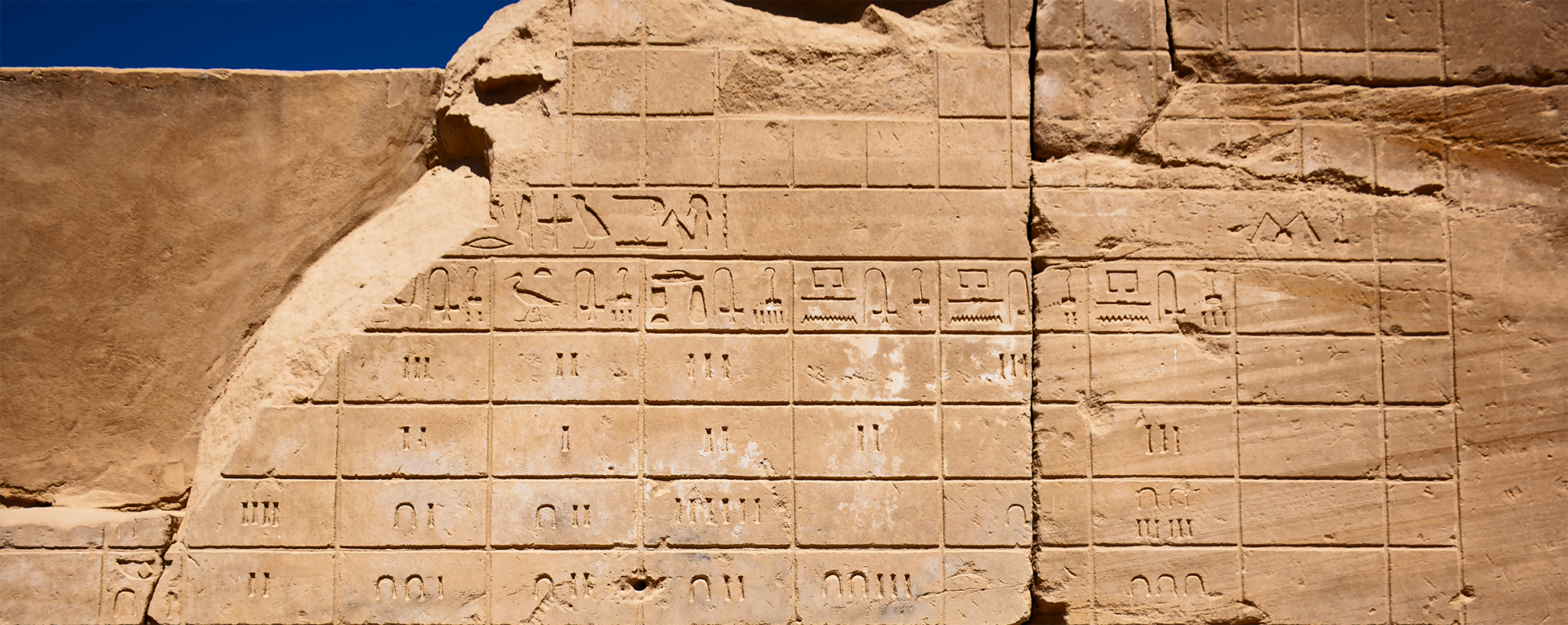
Wk9 // Why do we have leap year?
The idea of a leap year, with its extra day added to the calendar every four years, may seem like a curious quirk of our modern-day Gregorian calendar. However, its origins can be traced back to ancient civilizations’ attempts to synchronize the calendar with the Earth’s natural cycles.
One of the earliest known attempts to rectify the misalignment between the calendar and the solar year was made by the ancient Egyptians over 4,000 years ago. They introduced the concept of a leap year by adding an extra month to their calendar every few years to ensure it remained in harmony with the annual flooding of the Nile River, which marked the beginning of their agricultural year.
Fast forward to the time of Julius Caesar in ancient Rome, and the need for calendar reform became even more apparent. The Roman calendar, based on a lunar system, had fallen out of sync with the seasons, leading to confusion and inaccuracies in timekeeping. In 46 BCE, Julius Caesar consulted with astronomers and mathematicians to devise a new calendar, known as the Julian calendar, which introduced the concept of leap years.
Under the Julian calendar, a leap year occurred every four years, with an extra day added to the month of February—a practice that closely resembles the leap years we observe today. However, the Julian calendar slightly overcompensated for the discrepancy between the solar year and the calendar year, leading to a gradual drift in the calendar’s alignment with the seasons.
In 1582, Pope Gregory XIII introduced the Gregorian calendar as a refinement of the Julian calendar, addressing the accumulated discrepancies and establishing more accurate rules for leap years. Under the Gregorian calendar, a year is a leap year if it is divisible by 4, but not by 100, unless it is also divisible by 400. This adjustment ensures a more precise alignment with the Earth’s revolutions around the sun and has been adopted as the standard calendar system used by most of the world today.
Without such accuracy and precision in calculation through the ages and adjustments to our calendar, slowly but surely our days would move through the season, eventually placing Chistmas in the summer and July 4th in the winter.
Small adjustments add up. But in our lifetime we just see an extra day every 4 years.
Now the question comes: How will you spend your extra day?
Of course no surprise to you we recommend making small adjustments in your financial plan that can lead to big changes in your families financial security. Simple things such as asset shifting toward an IUL could keep you from experiencing a negative return. Adding waiver of premium would cost a few dollars more but could protect you from paying your deductible in an accident that was not your fault. Small adjustments add up.